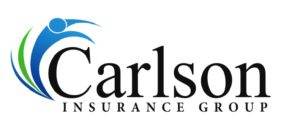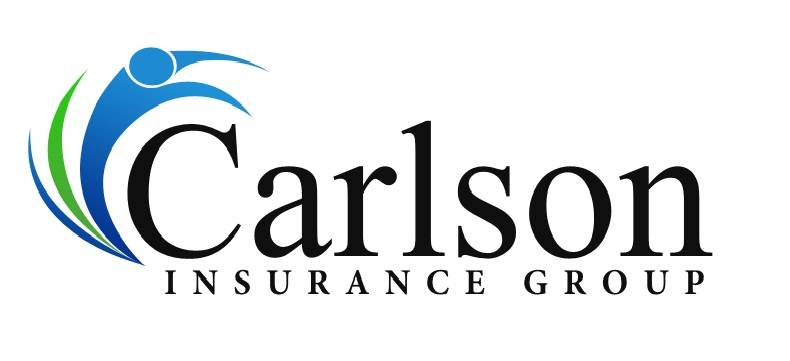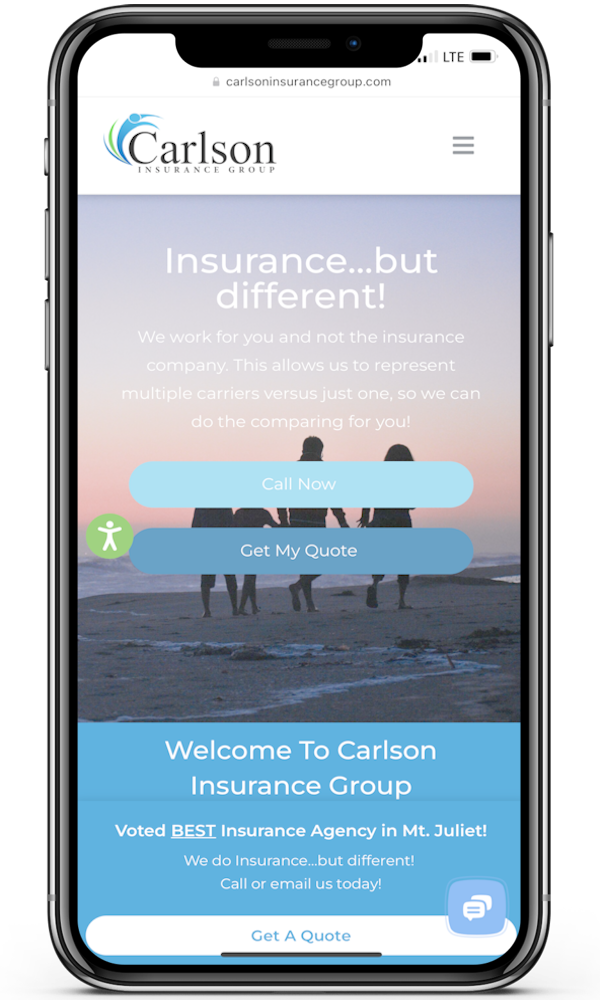Safety Assessment
- Evaluate safety conditions: Before entering your property, assess structural stability, gas leaks, and other potential hazards. Consult with local authorities for guidance on safe entry procedures.
- Report downed power lines: Immediately notify the utility company if power lines are damaged or downed. Keep electricity off in your home if there is standing water.
- Prioritize evacuation if necessary: If it appears unsafe to stay in your home, leave promptly. Local authorities can provide assistance and temporary shelter options.
Damage Reporting
- Contact local authorities for major damage: In cases of significant damage (e.g., natural disasters), get in touch with local government officials to ensure compliance with emergency protocols.
- Promptly notify your insurance provider: Inform your insurance company as soon as possible. Quick reporting is crucial for expedited claim processing.
- Document claim handler’s information: Note down the name, telephone number, and identification number of the claim handler assigned to your case.
Mitigating Further Damage
- Safeguard your home: Take measures to prevent additional damage, such as boarding up windows, covering exposed areas, and salvaging possessions that are still salvageable.
- Follow advice from your claim handler: Your claim handler will provide specific guidance on minimizing further damage. Adhere to their recommendations to ensure a smooth claims process.
Documentation and Inventory
- Create a detailed list of damaged items: Catalog all items affected by the incident, providing descriptions, approximate value, and purchase date if possible.
- Retain damaged items: Keep damaged items in your home until they can be inspected by the claim handler. This preserves evidence for the assessment process.
- Visual documentation: Capture the extent of the damage through photos or videos. These visual records will be valuable during the claims evaluation.
Financial Documentation
- Provide receipts for damaged items: Present receipts for damaged items to validate their value. This aids in accurate reimbursement for your losses.
- Maintain records of additional expenses: Keep a detailed record of expenses incurred during temporary relocation, including accommodation, meals, and transportation.
Temporary Relocation
- Retain receipts for additional living expenses: If you need to relocate temporarily, save all receipts for additional living expenses. Check your policy for coverage details regarding living expenses during displacement.
- Understand coverage for living expenses: Familiarize yourself with your insurance policy’s coverage for additional living expenses. This coverage can support you during the period of temporary relocation.
Claim Forms and Inspection
- Complete claim forms promptly: Respond to any documents sent by the claim handler within the specified time frame. Timely completion expedites the claims process.
- Contact for clarification: If you have questions about the provided forms, contact your insurance provider for clarification. Clear communication ensures accurate and efficient processing.
- Coordinate inspection with the claim handler: Work closely with the claim handler to schedule a thorough inspection of your property. Provide access and necessary information for a comprehensive assessment.
Communication with Lender
- Notify mortgage lender about the incident: Inform your mortgage lender about the home damage incident. Discuss the process for contractor bids, inspections, and any necessary approvals.
- Coordinate with lender for contractor inspections: Your lender may want to inspect the work done by contractors before finalizing payments. Ensure seamless communication between your insurance claim and your mortgage lender.
Dealing with a home insurance claim requires meticulous attention to detail and strategic planning. If you encounter questions or concerns during this process, Carlson Insurance Group is dedicated to providing personalized assistance. Your path to recovery starts with effective communication and expert guidance.
Contact us for tailored support and expert advice. We are committed to helping you navigate the complexities of the claims process and achieve a successful recovery.






